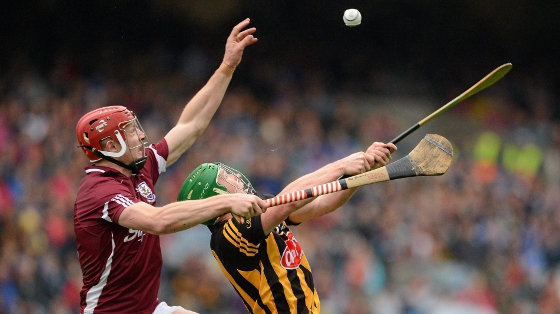Why Do You Pay For Advice?
So how many people predicted the outcome of yesterday’s enthralling All-Ireland hurling final which ended in the first draw in over 50 years? Yes, probably not too many. And this, despite all manner of analysis, consideration of scenarios and predictions by hurling experts. Trying to predict the future is something that we do all the time. Economists have become celebrities by either telling us that they predicted the global recession or by forecasting how much better or worse it is going to get. And a whole industry has been built around advising you what to do with your money. But two interesting questions arise. How good is this advice and if we believe that it is not all that good, why do we continue to seek it out?

These questions have been the subject of some interesting experimental studies most notably a recent one published by Powdthavee and Riyanto. They asked a group of students to bet on the outcome of five successive random coin tosses. But taped to the desk of each participant were five envelopes predicting the outcome of the successive tosses and students could either pay to see these predictions in advance or see them for free after the coin has been flipped. When an initial prediction turned out to be correct, students were more willing to pay to see the next forecast. This tendency increased after two, three and four successful predictions and furthermore, those who paid in advance for predictions also placed bigger bets on subsequent coin tosses than those who did not.
So psychologically, our instinct is to seek out advice. We often pay handsomely for it – sometimes through the small print and sometimes through the fees charged by experts. Much of the time, this advice is not all that good. For example, research demonstrates that most actively managed investment products rarely beat the market index. The reason we still look for advice is due to a phenomenon called the ‘avoidance of regret’. If you make your own decision you only have yourself to blame but if you took the advice of an expert, the decision is not your fault. So the moral of the story is - spend less time listening to (or paying for!) advisors and pundits. Instead hope for some random good luck and also that Galway get the job done next time!






 John Fahy
John Fahy